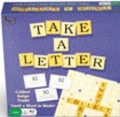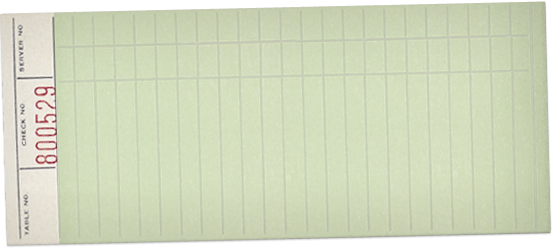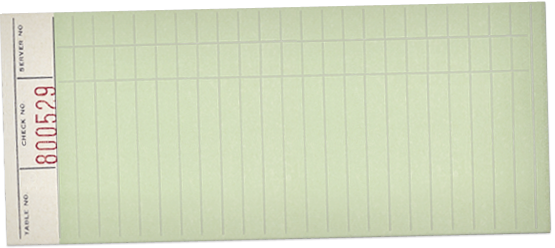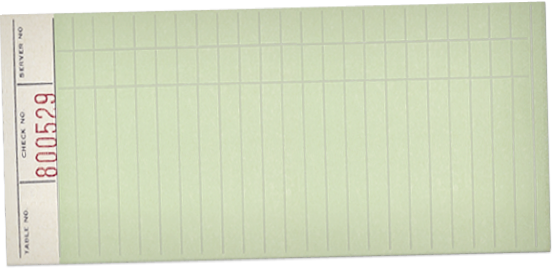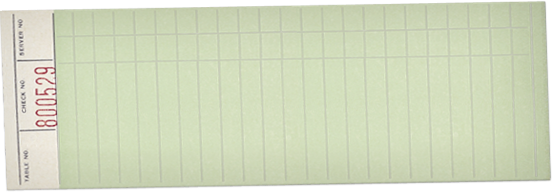Below is a list of the best commercially-available games for teaching four different areas of basic composition. In the sidebar I was more specific and assigned each game a set of learning outcomes.
Scrabble
To understand this list, let’s imagine we are looking for a game to teach spelling. We find the familiar title Scrabble on the green “Spelling” card, so we head to the sidebar for a closer look. The sidebar tells us that Scrabble teaches students to create spelling and word choice, which are the game’s relevant “learning outcomes.” The verb “create” means students are inventing their own examples. So if students “create word choice,” they are creating their own real words (even if they only have certain letter tiles to work with, like in Scrabble), instead of selecting from words given to them in an exercise book, and are thus limited to their own vocabulary. On the other hand, if a game in the sidebar (such as Free Rice) asks students to “build” or “identify” something, it means students are selecting from a list of examples.
Scrabble teaches students to create spelling and word choice by fashioning crossword puzzle-like situations where a student is staring at the seven letter tiles in her hand and trying to create a word that fits on the board. These situations lead the student to run the gamut of her entire known vocabulary through her head as fast as possible. Once a word is chosen, spelling that word correctly becomes important, since a student’s rivals can challenge her placed tiles. In every classroom game of Scrabble I’ve facilitated or heard about, students are manically looking up a word’s spelling in their dictionaries or phones.
It’s great that Scrabble teaches spelling and word choice, but so does a standard textbook exercise. What makes Scrabble different? Scrabble delivers the content through several game-based learning principles, notably: random access to information, frequent rewards, risk-taking (like most games), and forming hypotheses for later problems. (It doesn’t have identity.) What textbook that can do that?
While digital games or writing labs in the classroom may require substantial investment, this is not so for my non-digital, tabletop games. For a $15 investment, you can own a game from this list that will transform your core writing exercises. (The only digital game mentioned on this page, Free Rice, is free.) Multiple copies of a single game are not needed (see my “Prepare for a Game” section), although better than collecting your own games would be to share a game library with other faculty in your department. If you teach students below eight years of age, some of these games are available in a “junior” edition.
For more information about using Scrabble, or any of the games in the sidebar, click on that game’s image, and you’ll be taken to a separate page measuring the difficulty of that game’s rules and teacher setup. Try this right now by clicking on the Scrabble logo.
“Word Choice” Games
My other games that feature word choice help students think up words they already know within certain constraints (e.g., 5-letter words, starts with an “N”), just like Scrabble does. In actual writing, choosing the right word is a matter of context. Although it’s true that most word choice games do not mimic “real” writing conditions (some do), word choice games do allow students to practice and become comfortable with a key step: searching their vocabulary for the right word at the right time.
“Spelling” Games
Spelling games penalize a student for incorrect spelling of a word. Dictionaries should not only be allowed, but encouraged, since part of the excitement of the lesson will be watching your students search these references for possible words. (Tell them to bring in a dictionary that day.)
“Sentence” Games
Sentence games cause students to generate single sentences, and thus the students can more easily test the boundaries of the kinds of sentences they tend to write (or wish they could).
“Meaning” Games
Meaning games let students guess at, or come up with their own, meanings of words, which encourages their control of language and of description. As a creative writing teacher, I’ve found that meaning-making games operate similarly to poetry-writing exercises where you are trying to teach the student to form an associative understanding of the world.
Remedial and ESL vs. Basic Composition
At the lowest level of composition, such as remedial or ESL, where encouraging more descriptive writing is usually seen as the primary course goal, a focus on “identifying” and “creating” synonyms and descriptions (Apples to Apples, Taboo, Yamodo) is very useful, along with a focus on precise vocabulary. At the ESL level, where each sentence’s meaning is heavily obfuscated by the student’s unfamiliarity with English, games with “creating” sentences (You’ve Been Sentenced!) are also very good (indeed, students will commit many “errors” even in playing these games!).
In basic composition courses, where less emphasis is placed on description and more on using grammar precisely and “building” a critical lexicon of discipline-specific terms, the vocabulary and grammar games are best.
Next, I’ll discuss games for advanced composition.









